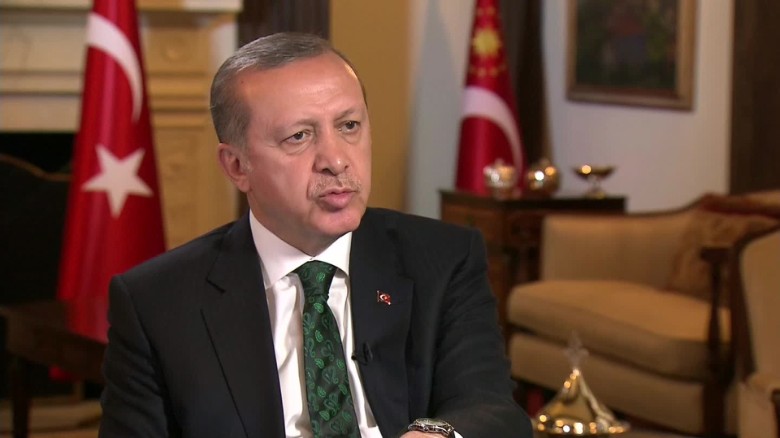Turkey Entrenched in the Turbulence of the Middle East
Turkey's downward spiral into instability: How did it get here?
June 6, 2016He will also use this tragedy to impress on Turkish voters that Kurdish and Islamist militancy can only be thwarted by transforming Turkey from a parliamentary system into a powerful executive presidency.
That argument does not hold water given that Turkey's mounting instability arises not from the type of governance, but from the over-centralization of power in presidential hands.
Almost a month ago, Erdogan deposed his own handpicked Prime Minister Ahmet Davutoglu due to the latter's attempts to carve out his own influence in government.
Furthermore, Erdogan's ideological domestic and foreign policies have positioned Turkey at the heart of the factional, sectarian and ethnic strife tearing the region apart.
His campaign to impose a single religious identity based on Sunni Islam, and instil a homogenous Turkish nationality on an ethnically diverse society, is a recipe for escalating social fissures and political violence.

His hostility with Russia, and mistrust with Iran and Israel, has thwarted Erdogan's maneuverability in Syria and contributed to the nearly 3 million migrants on Turkish territory -- and violent spillovers from the Middle East.
Erdogan's crucial relations with the U.S. are testy and have become increasingly transactional and less strategic.
These relations have been complicated by the U.S. refusal to cease cooperation with the PKK-affiliated Peoples' Protections Units (YPG) against the ISIS.
Erdogan has been threatening to tear up the EU migration deal if he does secure more concessions on visa-free travel to the Schengen Area -- a collection of 26 European countries including France, Germany, and Spain.
Under the "one in, one out" deal, Syrians who cross into Greece illegally will be sent back to Turkey. For every Syrian sent back to Turkey, a vetted Syrian refugee will go from Turkey to Europe to be resettled.
In return, the EU has pledged to give Turkey billions in funding to help it provide for migrants within its borders, and grant various political concessions.
But Erdogan risks misreading the desperation of German Chancellor Angela Merkel and overplaying his hands by upping demands to an untenable level.
He should not be surprised if one day Europe exhibits near-total reticence and lack of cooperation towards him whenever he requires its assistance on a particular issue.
There's an increasing prospect that the country's political, economic and external challenges will over time put additional pressure on an already stagnant Turkish economy and drag the country into a downward spiral of instability.
Unless Erdogan implements radical policy reversals, the likelihood of which looks exceedingly remote, Turkey will become more entrenched in the turbulence of the Middle East.



No comments:
Post a Comment